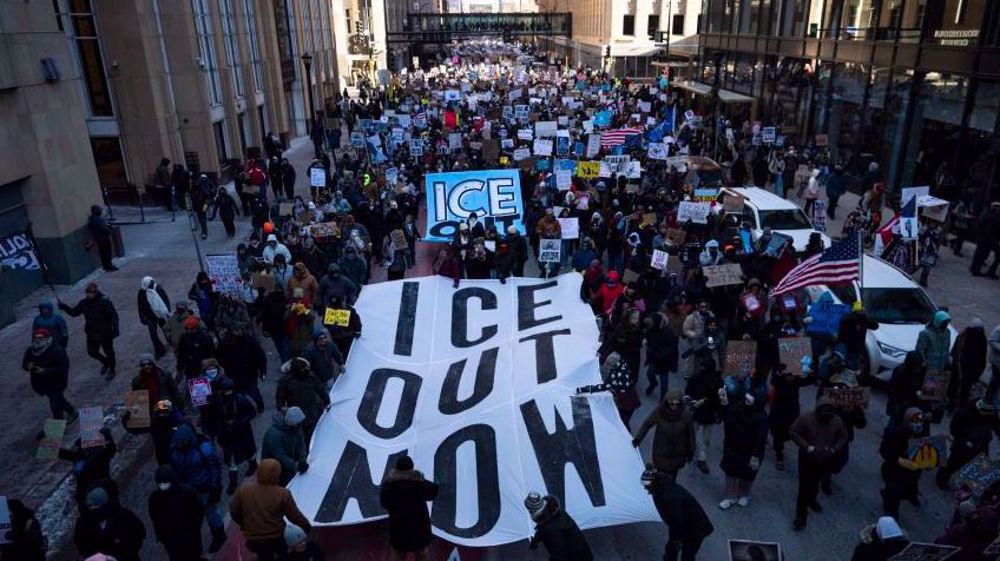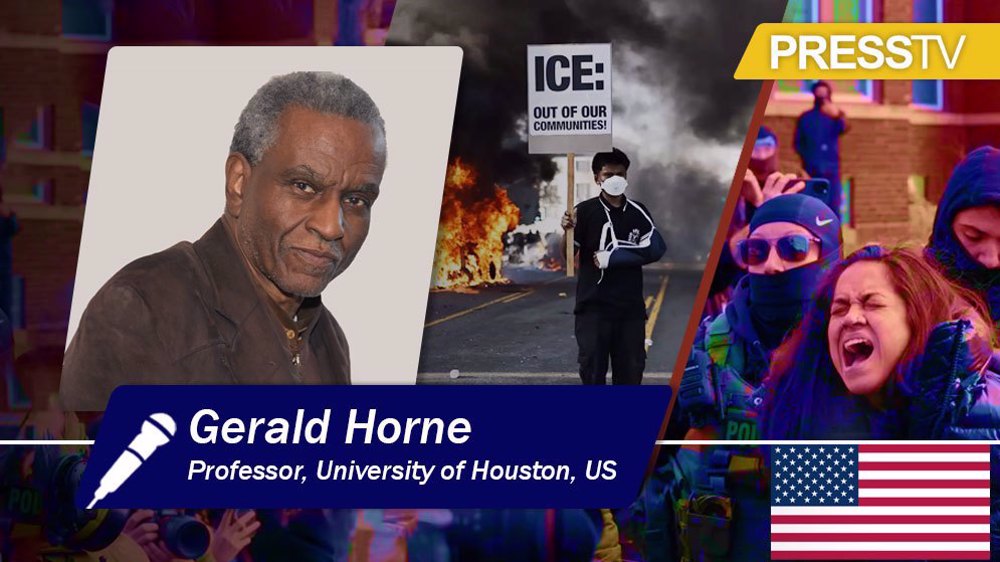US in housing disaster as 12 million owe $6k in back rent
Ramin Mazaheri
Press TV, Chicago
Evidence continues to pour in that the mismanagement of lockdowns as a response to the coronavirus has fiscally crushed the lower classes in the United States.
Moody’s Analytics just reported that at the end of this month 12 million renters will owe a jaw-dropping $6,000 in unpaid rent. Minorities and households with children are the most affected.
Due to the months of back rent multiple surveys say 20 to 30 million Americans are at risk of being evicted on January 1st, when a nationwide moratorium on expulsions ends. The about-to-expire moratorium was already criticised for not going far enough, as homelessness has already reached record levels in many cities.
In the United States a “credit score system” has tremendous sway over the average person’s life - a single black mark of eviction can set families back financially and socially for years. The lone fiscal stimulus package - back in March - gave citizens just $1,200 in direct aid; if Congress ever does approve a second stimulus package a second round of money will often be gobbled up by landlords.
Most of the biggest urban areas are now forcing children to study at home this autumn due to the coronavirus, but homeless children can’t study remotely, meaning education inequalities which have already soared in 2020 will continue to widen. Many states are reporting 70% increases in unpaid utility bills, so some of those who keep their homes may soon not have electricity.
2020 has seen violent protests over police brutality, Great Depression-levels of unemployment, a highly-partisan and still-disputed presidential election, but many say that America’s political leaders have successfully found new paths to increase inequalities between the rich and poor.
Many say the unprecedented housing crisis is the result of bipartisan failure in Washington, but the United States has long-been infamous for its refusal to create a strong social safety net: their disastrous year of 2020 may cause them to reconsider their exceptional model.
VIDEO | Press TV's news headlines
VIDEO | Merowe Dam targeted as youth mobilize to protect Sudan’s Northern State
VIDEO | India faces scrutiny over minority worship attacks
VIDEO | UN special rapporteur says third states have enabled Israel’s crimes in Gaza
Son of former Libyan ruler Gaddafi killed in ‘home attack’: Aides
Iran finalizes planning for talks with US; venue to be announced: Foreign Ministry
VIDEO | The official opening of Rafah Crossing
VIDEO | Iran prepared for equitable dialogue









 This makes it easy to access the Press TV website
This makes it easy to access the Press TV website